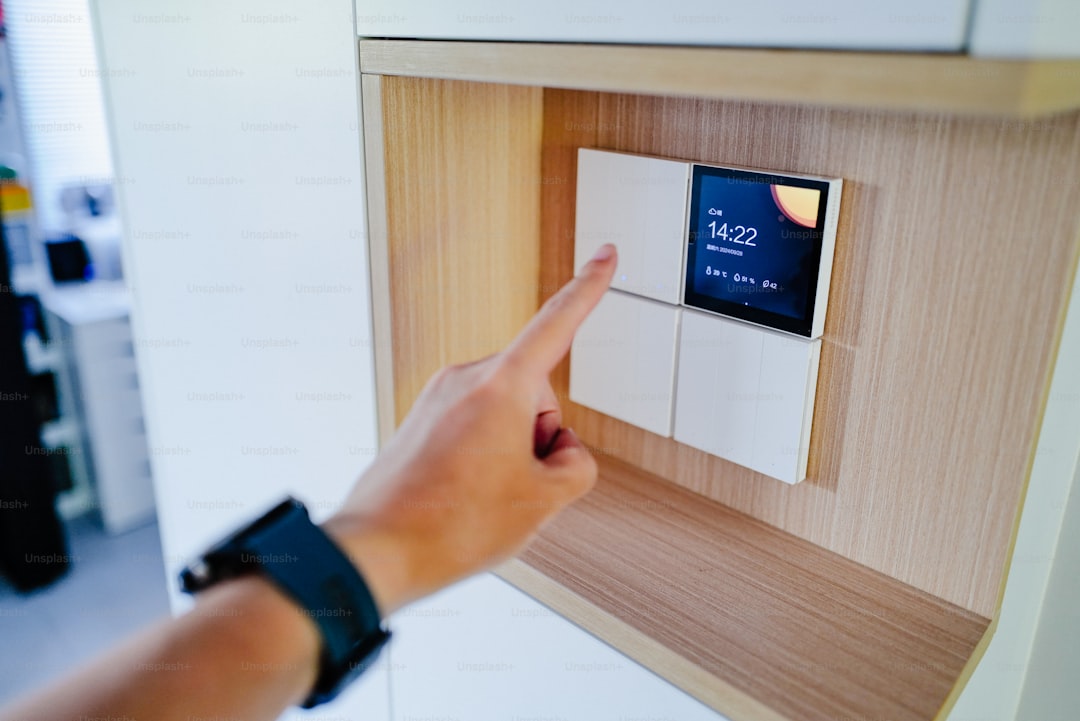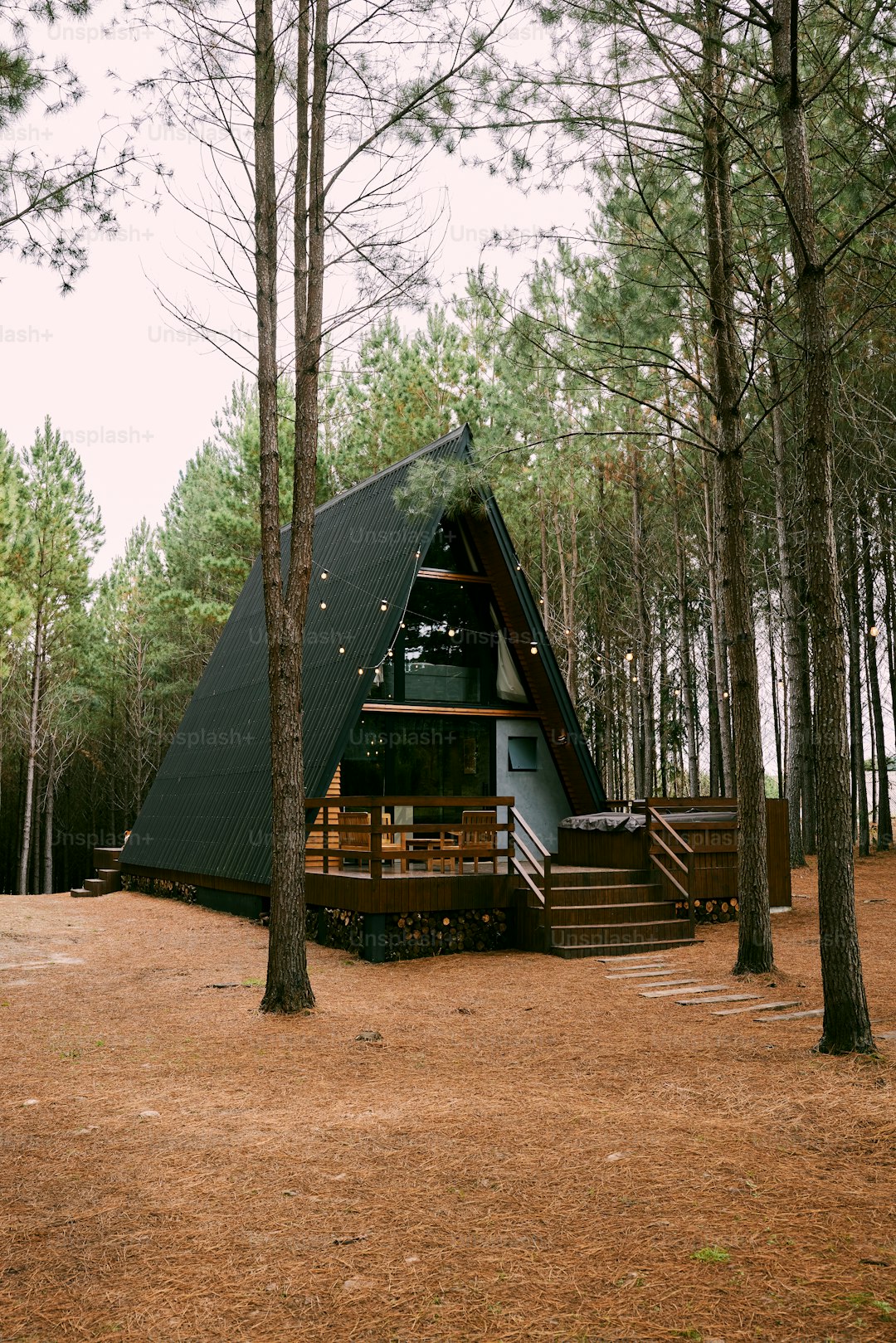The Digital Pioneer: How Nexus Hotel Redefined Smart Hospitality

The Analog Struggle
Three years ago, the property now known as Nexus Hotel Seattle was hemorrhaging money. The 160-room mid-tier hotel near the Space Needle struggled with 45% occupancy, outdated systems, and guest complaints about everything from slow Wi-Fi to unresponsive service. General Manager Sarah Chen knew that incremental improvements wouldn't save the property – it needed a complete technological revolution.
The Visionary's Gamble
Chen, a 15-year hospitality veteran with an MIT computer science background, proposed something unprecedented: transform the failing hotel into a living laboratory for smart hospitality technology. The ownership group, facing potential bankruptcy, gave her $8.5 million and eighteen months to prove the concept.
"Everyone thought I was crazy," Chen recalls with a laugh. "The idea of spending millions on technology when we could barely afford housekeeping seemed insane. But I knew that guests' expectations had fundamentally shifted. They wanted their hotel experience to be as seamless as their smartphone."
Building the Smart Foundation
The transformation began with infrastructure. Chen's team installed fiber-optic networks throughout the building, deployed 5G small cells, and created a dedicated data center capable of processing massive amounts of real-time information. Every room received smart sensors monitoring temperature, humidity, lighting, and occupancy patterns.
The first breakthrough came with the development of "ARIA" – an AI-powered guest services platform that Chen's team created in partnership with a local tech startup. Unlike generic hotel apps, ARIA learns individual guest preferences and adapts the entire hotel experience accordingly.
The Guest Experience Revolution
Predictive Check-in: ARIA analyzes traffic patterns, flight delays, and historical data to predict guest arrival times within 15-minute windows. This allows staff to prepare personalized welcome experiences and eliminate lobby wait times.
Autonomous Room Preparation: Smart sensors detect when guests leave their rooms, automatically triggering housekeeping notifications and climate adjustments. Rooms are cleaned and reset based on predicted return times, not rigid schedules.
Contextual Concierge: The AI system analyzes guest behavior, weather conditions, local events, and personal preferences to offer hyper-relevant recommendations. A business traveler might receive suggestions for quiet breakfast spots, while families get alerts about nearby activities.
Seamless Service Delivery: Staff members carry smart devices that receive real-time updates about guest needs. When a guest adjusts their room temperature through voice command, maintenance is automatically notified if patterns suggest equipment issues.
The Data-Driven Operations
Behind the guest-facing technology lies sophisticated operational intelligence. The hotel's "Digital Twin" – a virtual replica of the entire property – continuously simulates operations to optimize everything from energy usage to staff scheduling.
"We can predict housekeeping needs three days in advance," explains Chen. "The system knows that business travelers typically generate less laundry than families, that guests staying longer than three nights have different service patterns, and that weather affects when people use pool facilities."
This predictive capability reduced operational costs by 28% while improving service quality scores by 67%. Energy consumption dropped 31% through intelligent climate control that learns occupancy patterns and adjusts HVAC systems accordingly.
Overcoming Technology Resistance
Not every innovation succeeded immediately. Early guest feedback revealed that excessive automation felt impersonal. Chen's team learned to balance efficiency with human touch, ensuring that technology enhanced rather than replaced genuine hospitality.
"We discovered that guests don't want to interact with robots," Chen notes. "They want technology to make their interactions with humans more meaningful. AI should anticipate needs, not eliminate the human connection that defines hospitality."
Staff training became crucial. Rather than replacing employees, smart systems augmented their capabilities. Housekeepers received tablets showing room-specific preferences and optimal cleaning schedules. Front desk agents accessed comprehensive guest profiles that enabled personalized service without invasive questions.
The Cybersecurity Challenge
With increased connectivity came heightened security risks. The hotel invested heavily in cybersecurity infrastructure, including encrypted data transmission, regular penetration testing, and comprehensive staff training on data protection protocols.
"Guest privacy isn't optional – it's fundamental," emphasizes Chen. "We collect data to improve experiences, not to invade privacy. Every system includes opt-out capabilities, and we're transparent about what data we collect and how we use it."
The hotel achieved SOC 2 Type II certification and GDPR compliance, setting new industry standards for data protection in smart hospitality environments.
Financial Transformation
The results exceeded all projections. In three years, Nexus Hotel Seattle achieved:
- Revenue growth: 340% increase in total revenue - Occupancy rates: Improved from 45% to 89% - Average daily rate: Increased from $120 to $295 - Guest satisfaction: NPS score improved from 23 to 78 - Operational efficiency: 28% reduction in operational costs
The hotel now commands premium rates while achieving some of the highest satisfaction scores in Seattle's competitive market.
Industry Recognition and Influence
Tech leaders, hospitality executives, and government officials regularly visit Nexus Hotel to study its innovations. The property has won numerous awards, including:
- 2023 Smart Building Award from the Continental Automated Buildings Association - Hotel Tech Innovation Award from Hospitality Technology Magazine - Sustainable Operations Excellence Award for energy efficiency improvements
More importantly, twelve other hotels have licensed Nexus's technology platform, generating additional revenue streams while spreading smart hospitality innovations across the industry.
The Human Element Remains
Despite technological sophistication, Chen emphasizes that human hospitality remains central to the hotel's success. Technology enables staff to focus on high-value interactions rather than routine tasks.
"Our housekeepers now spend 40% more time on guest services because sensors handle basic monitoring," Chen explains. "Front desk agents can have meaningful conversations because they already know guest preferences. Technology doesn't replace hospitality – it amplifies it."
Guest feedback consistently highlights this balance. Reviews praise both technological convenience and genuine human warmth, suggesting that smart systems can enhance rather than diminish hospitality's personal touch.
Scaling Smart Hospitality
Chen's success has attracted investment interest from major hotel chains seeking to replicate Nexus's model. However, she emphasizes that technology alone doesn't guarantee success – it requires thoughtful implementation aligned with genuine guest needs.
"Every hotel considering smart technology needs to ask: 'What problems are we solving?'" Chen advises. "Technology for its own sake creates complexity without value. But when properly implemented, it can transform both guest experiences and business outcomes."
Future Innovations
Nexus Hotel continues evolving. Current projects include:
- Predictive maintenance: AI systems that prevent equipment failures before they occur - Dynamic pricing optimization: Real-time rate adjustments based on demand patterns, local events, and competitive positioning - Sustainability intelligence: Smart systems that optimize resource usage while maintaining guest comfort - Augmented reality experiences: In-room technology that provides immersive local information and entertainment
Lessons for the Industry
The Nexus Hotel transformation offers several key insights for hospitality leaders:
Start with problems, not solutions: Identify specific guest pain points before selecting technology solutions.
Invest in infrastructure: Robust networks and data processing capabilities are prerequisites for smart hospitality systems.
Prioritize privacy and security: Guest trust is essential for technology adoption.
Balance automation with human touch: Technology should enhance, not replace, human hospitality.
Plan for continuous evolution: Smart systems require ongoing updates and improvements.
The Continuing Revolution
As Chen looks toward the future, she sees smart hospitality as still in its infancy. "We've proven that technology can transform hotel operations and guest experiences," she reflects. "The next challenge is making these innovations accessible to properties of all sizes and budgets."
Nexus Hotel Seattle stands as proof that visionary leadership, strategic technology investment, and unwavering focus on guest needs can revolutionize hospitality. In an industry often resistant to change, it demonstrates that embracing innovation isn't just about survival – it's about creating entirely new possibilities for guest satisfaction and business success.
Today, as guests enjoy seamless experiences powered by invisible intelligence, and staff members deliver personalized service enabled by smart systems, Nexus Hotel continues pushing the boundaries of what hospitality can become. The property that once struggled to fill half its rooms now serves as a beacon for the industry's technological future, proving that smart hospitality isn't science fiction – it's business reality.



